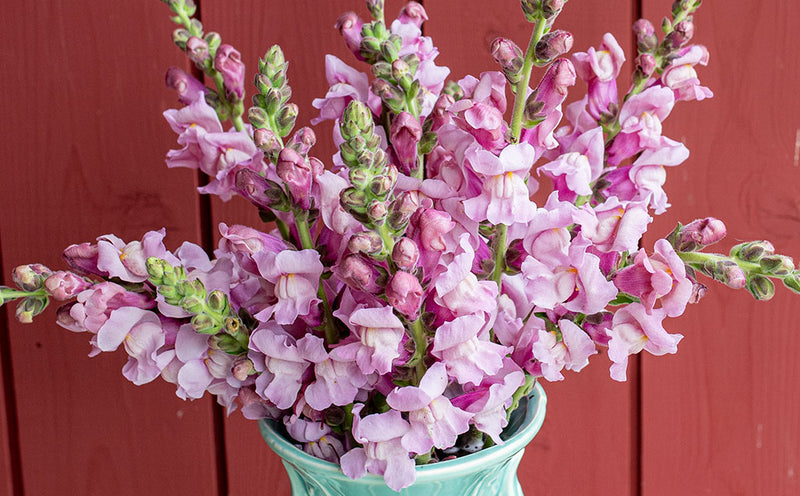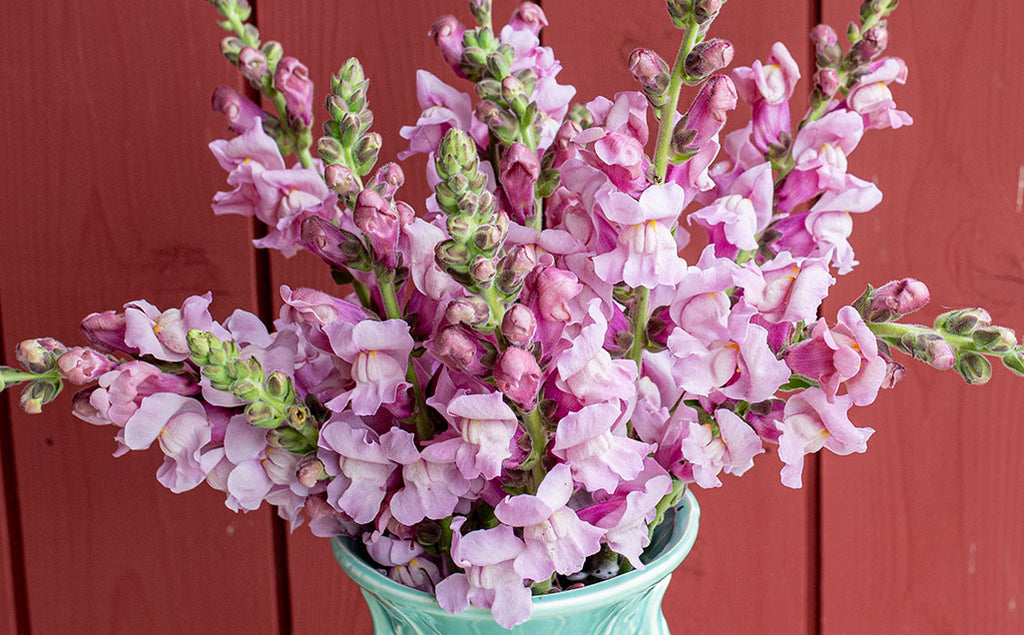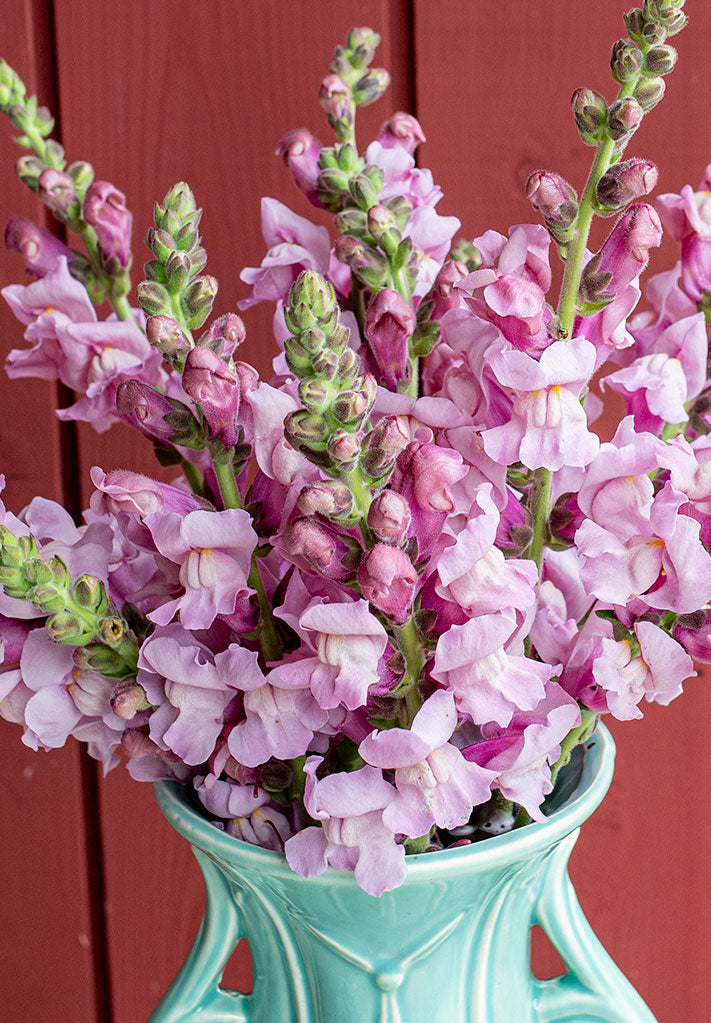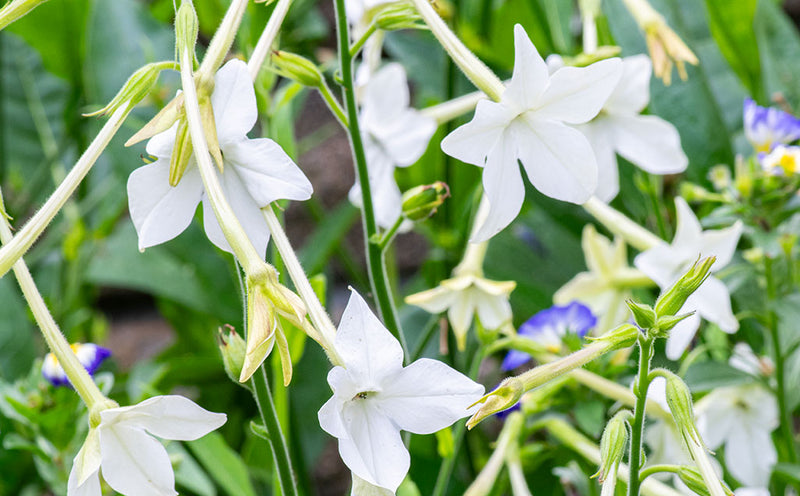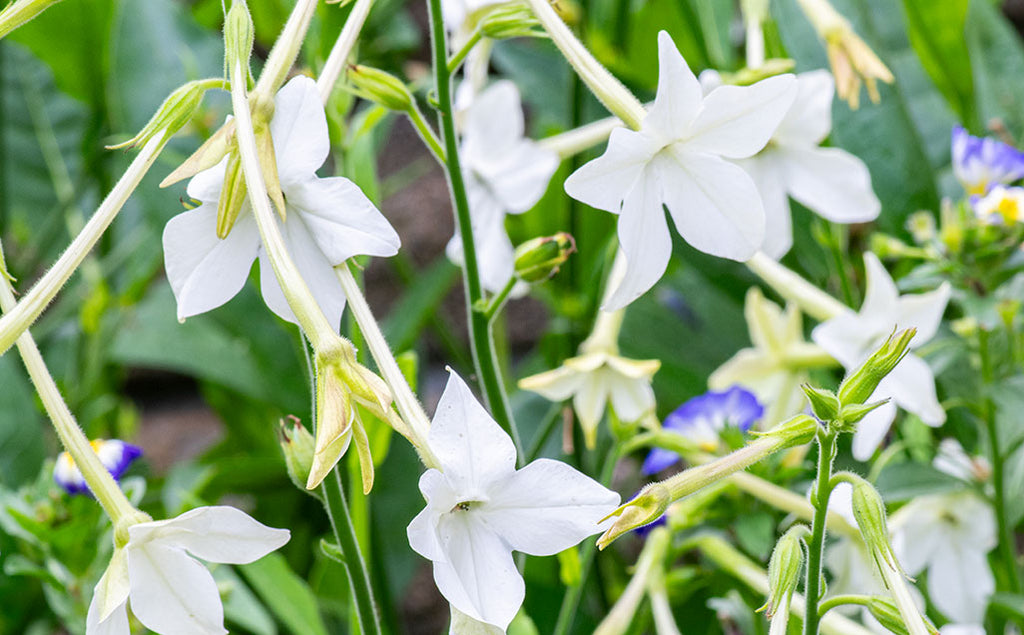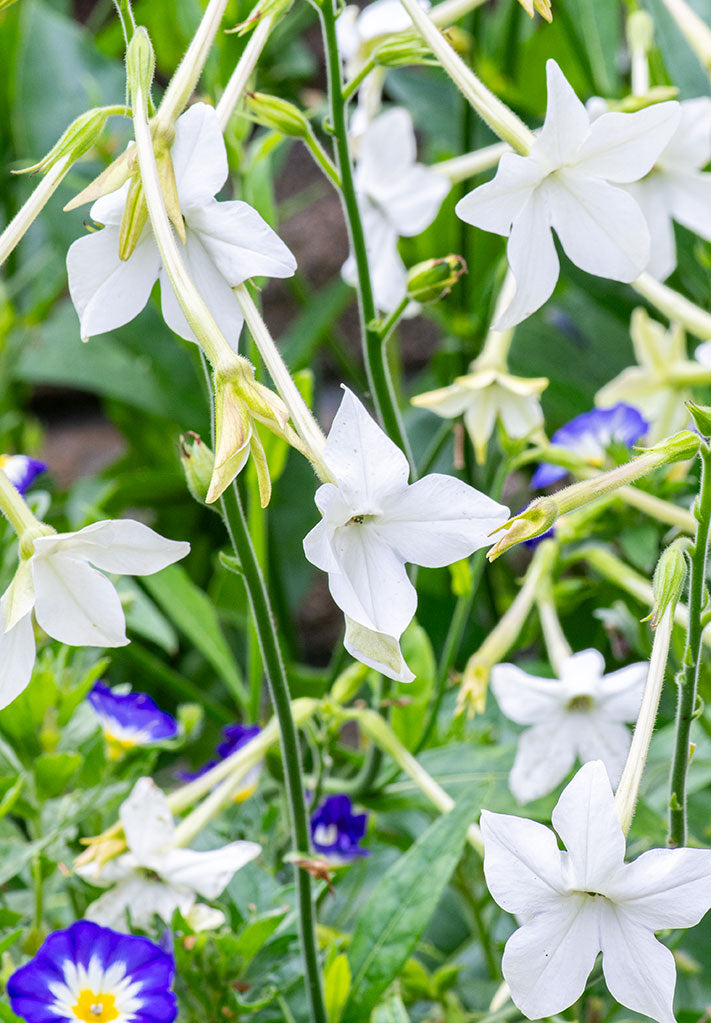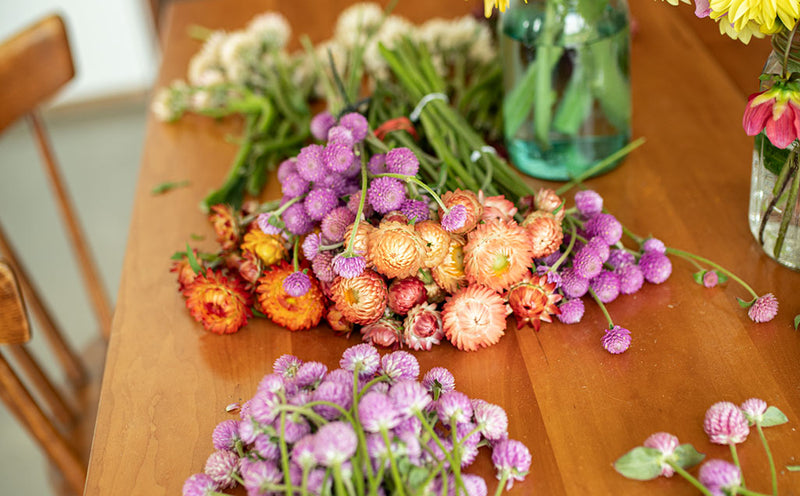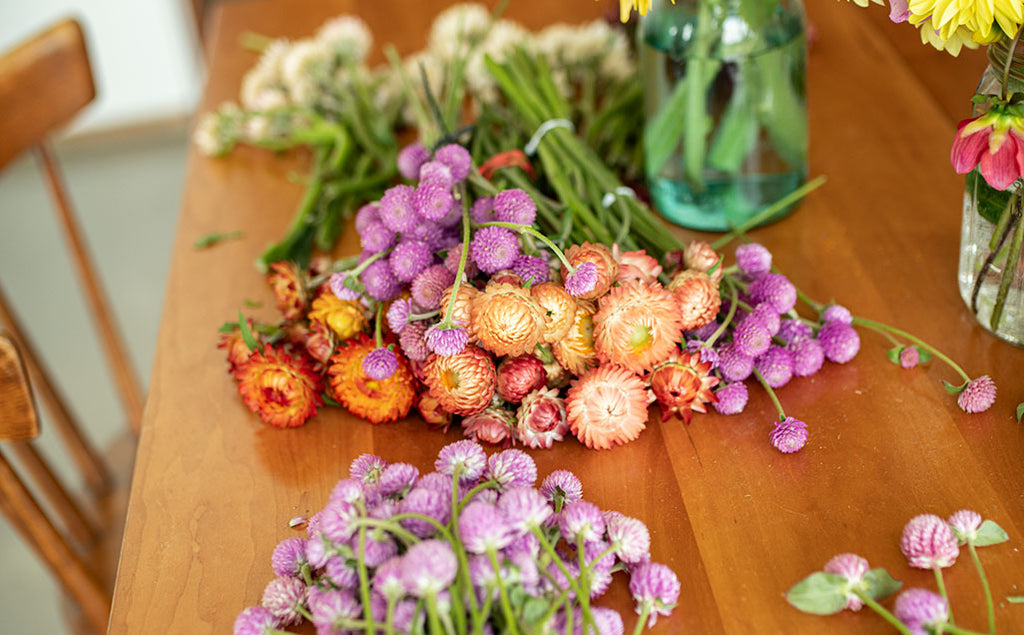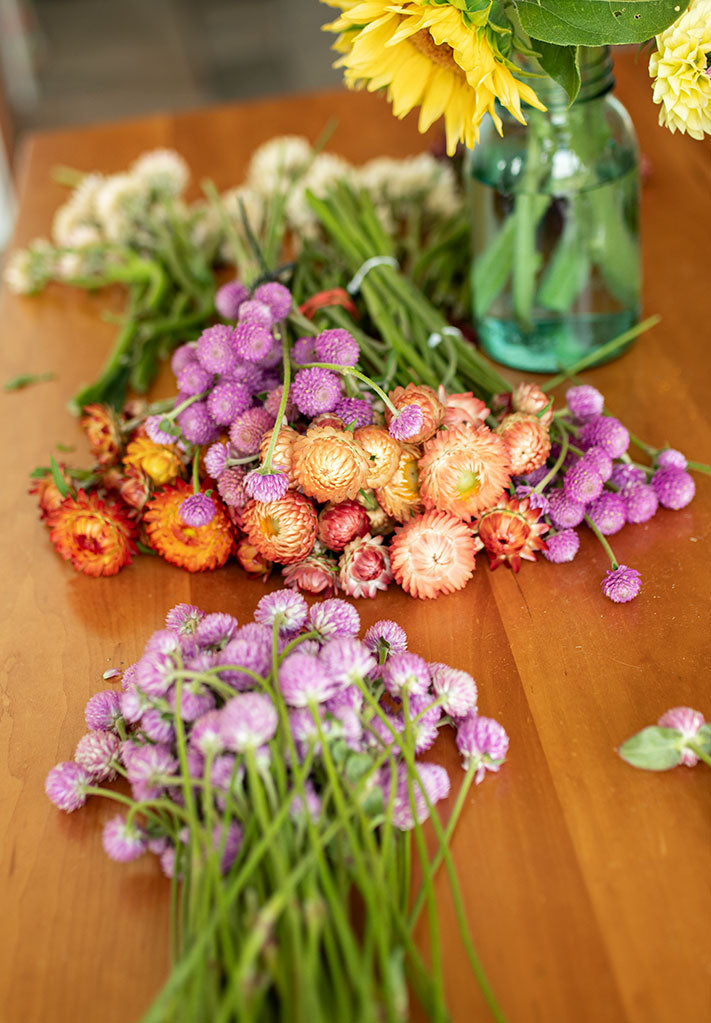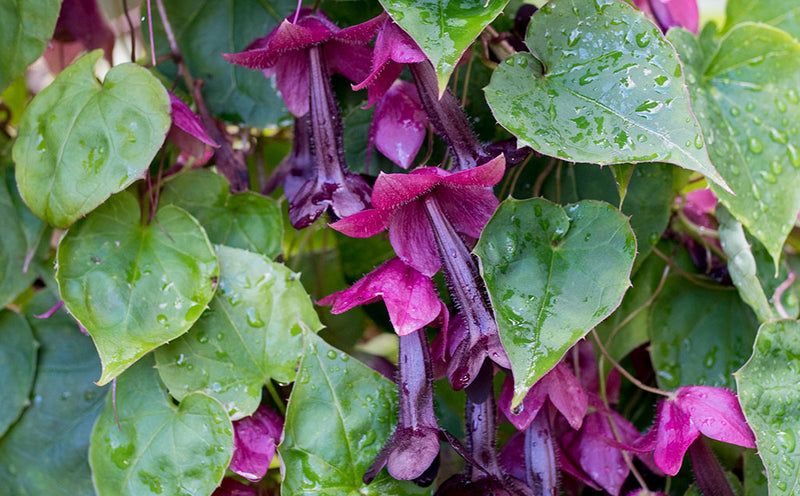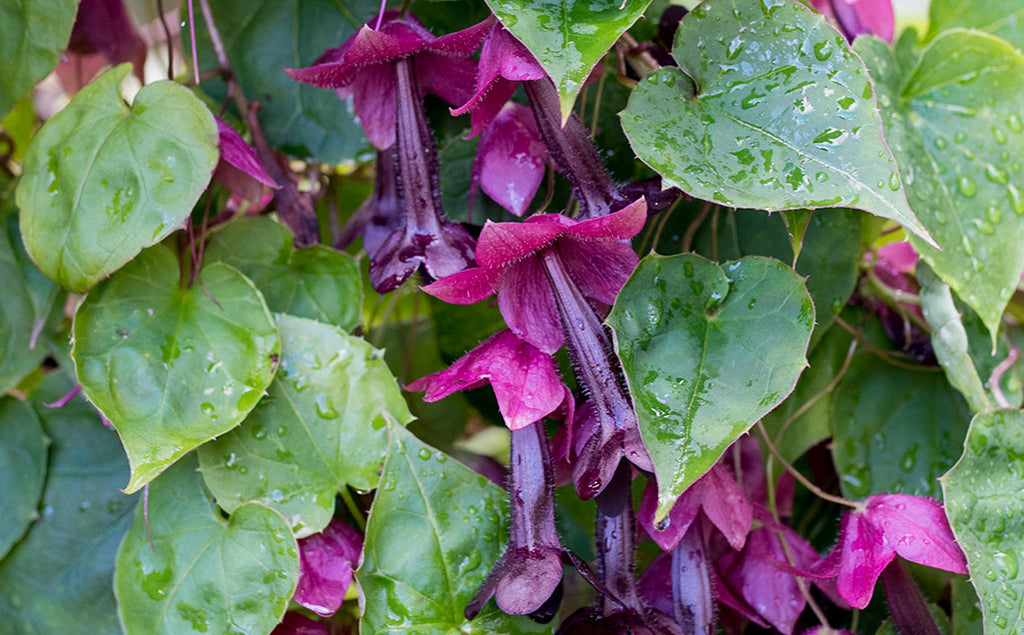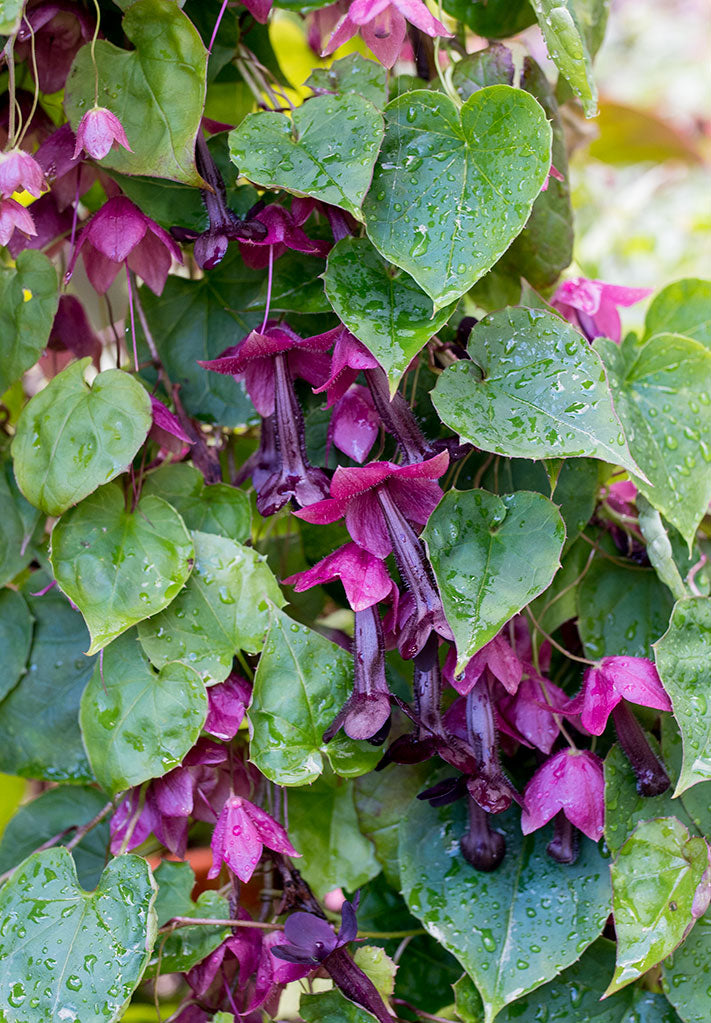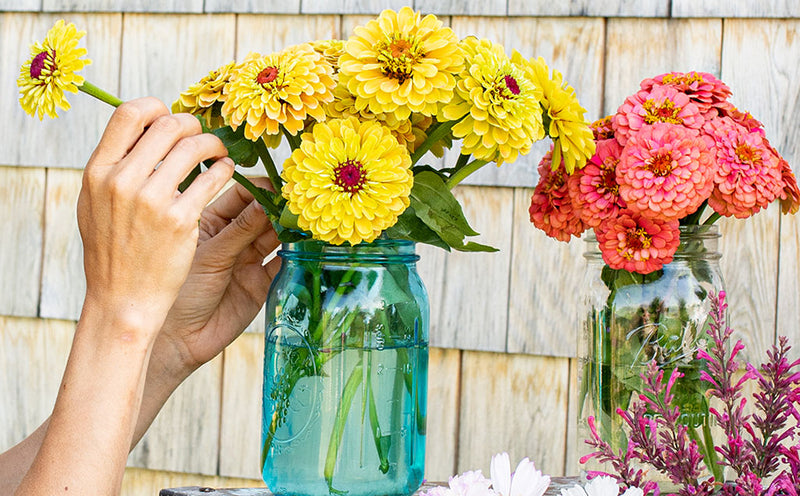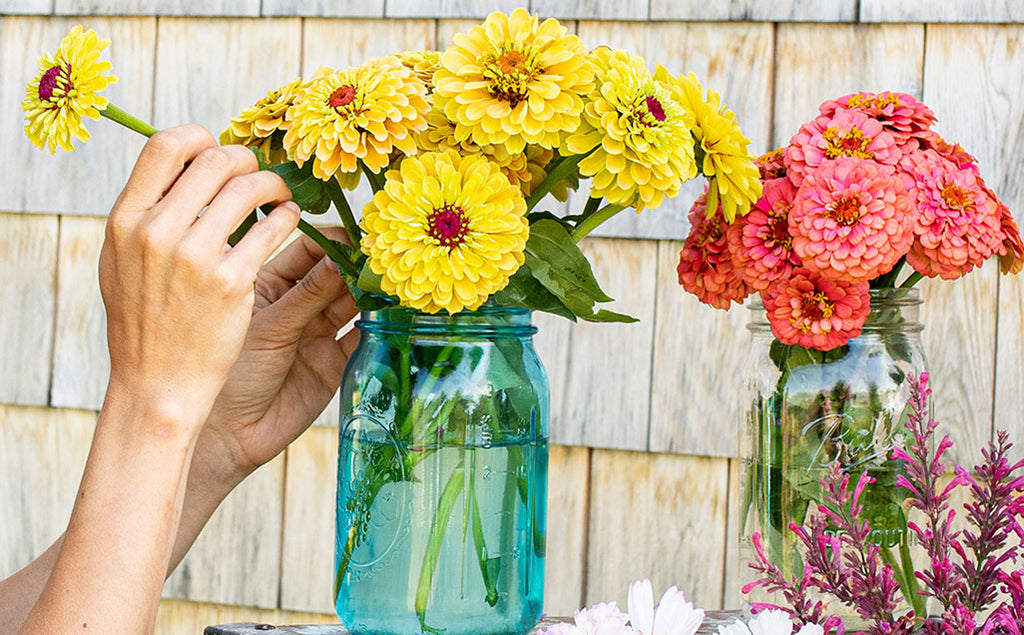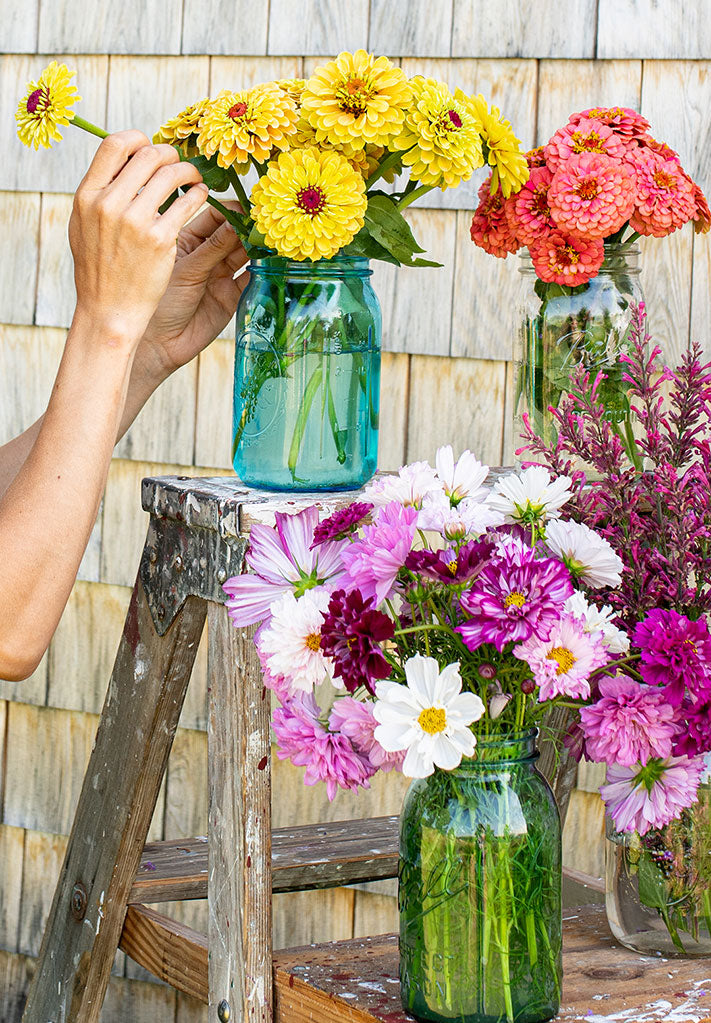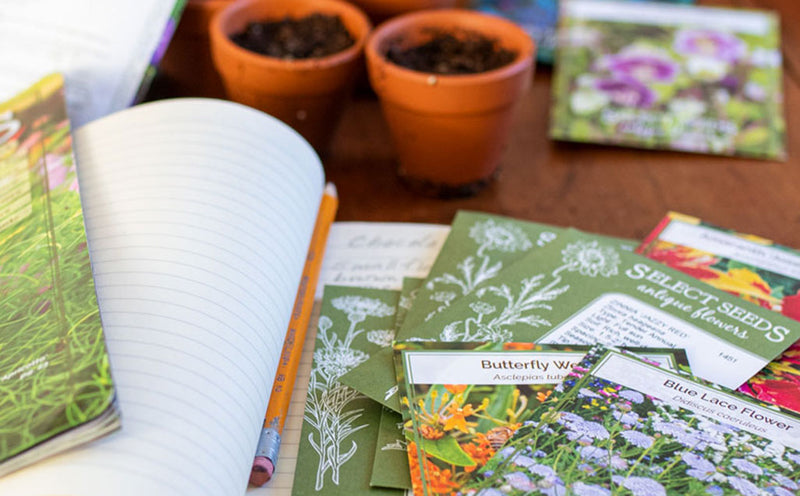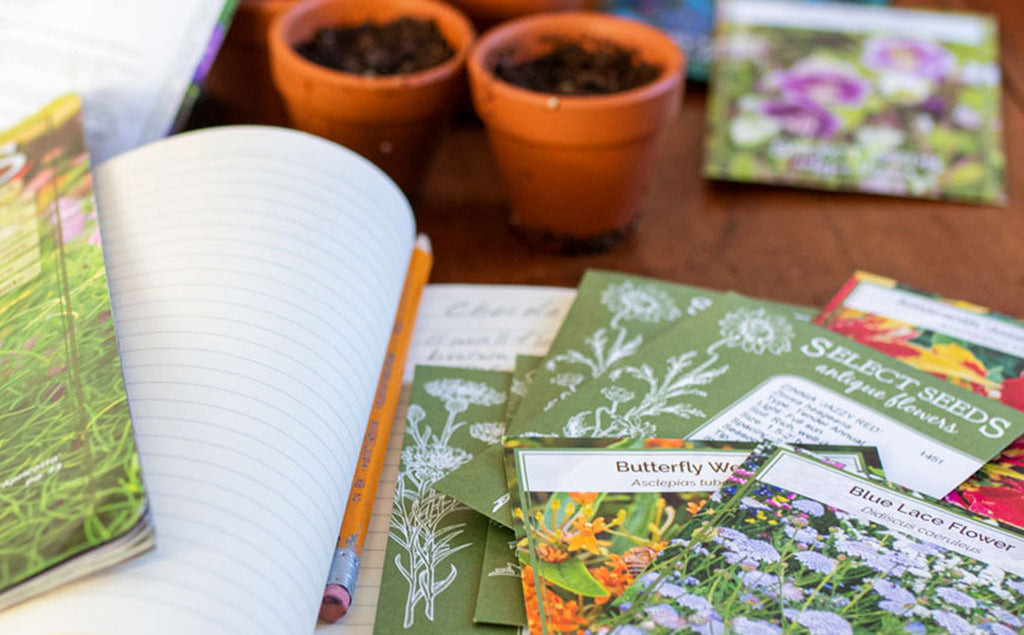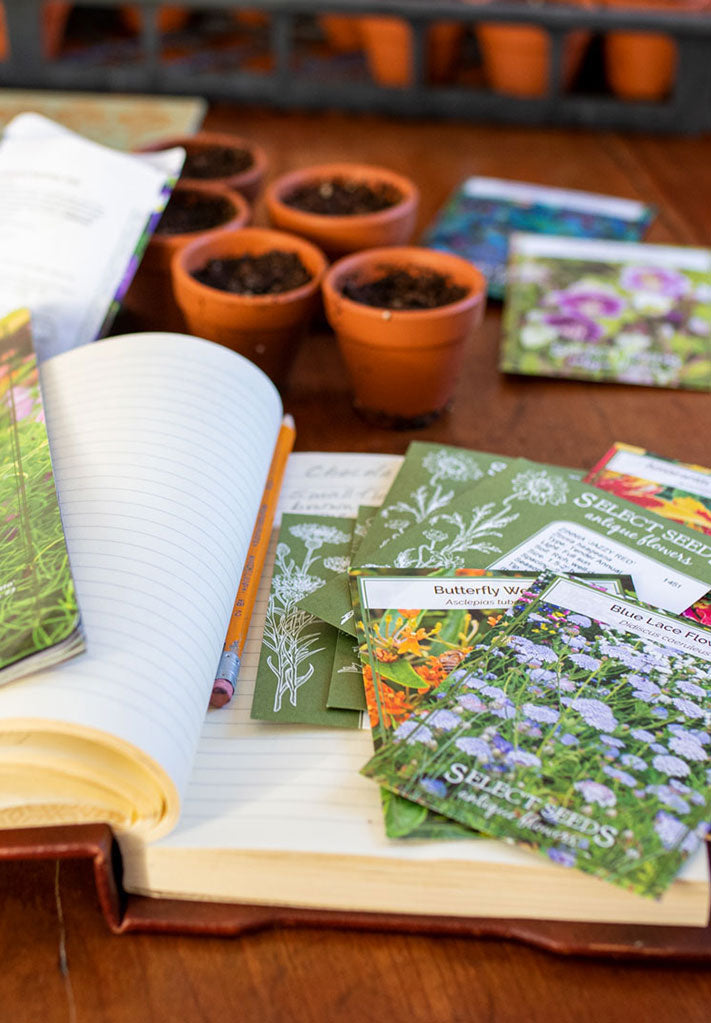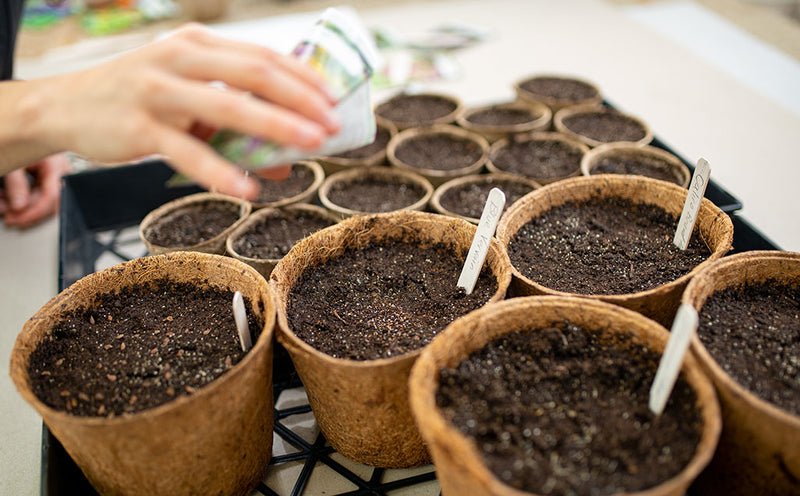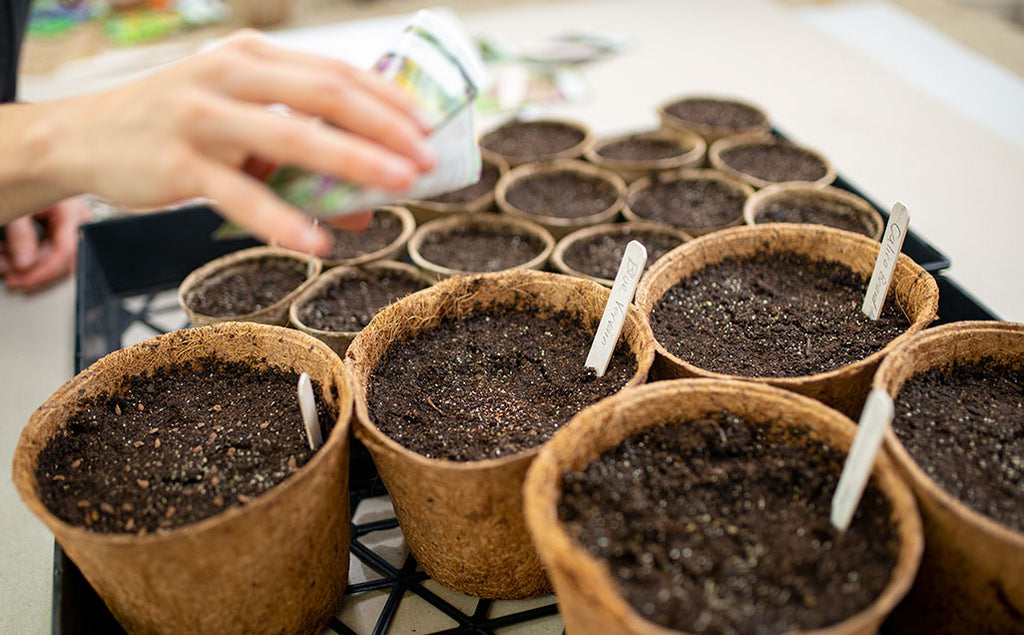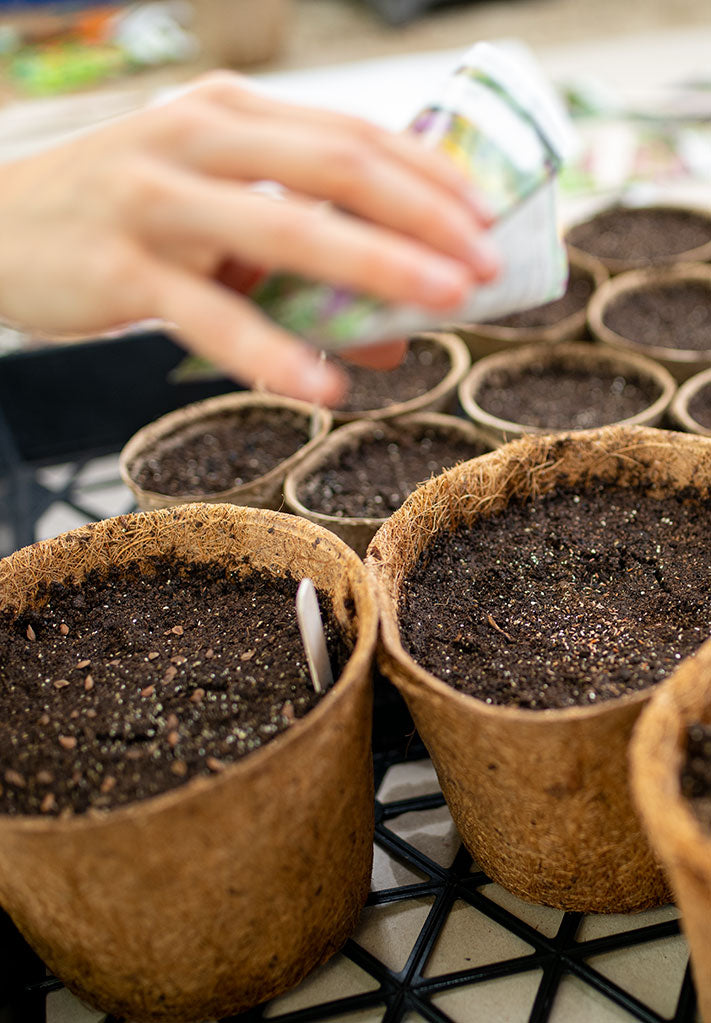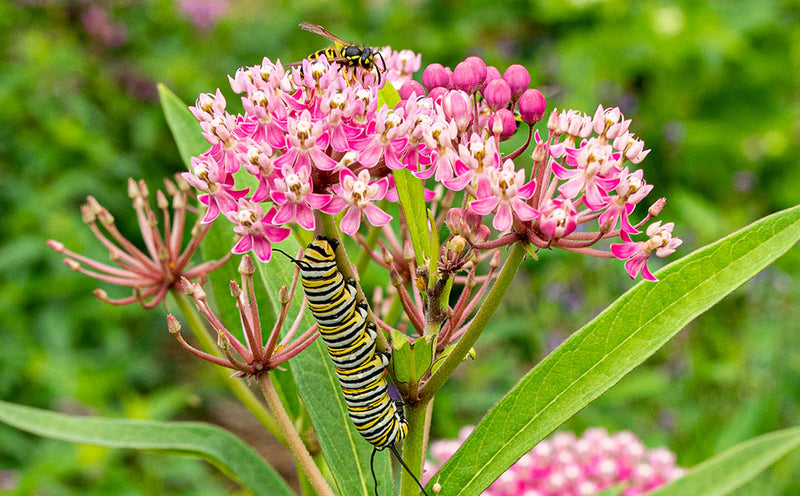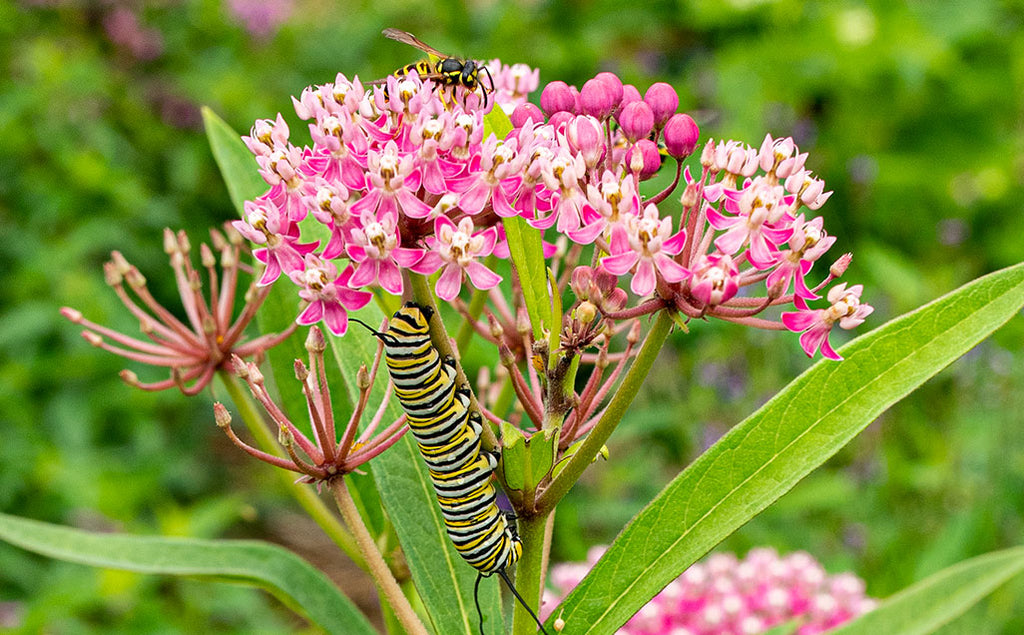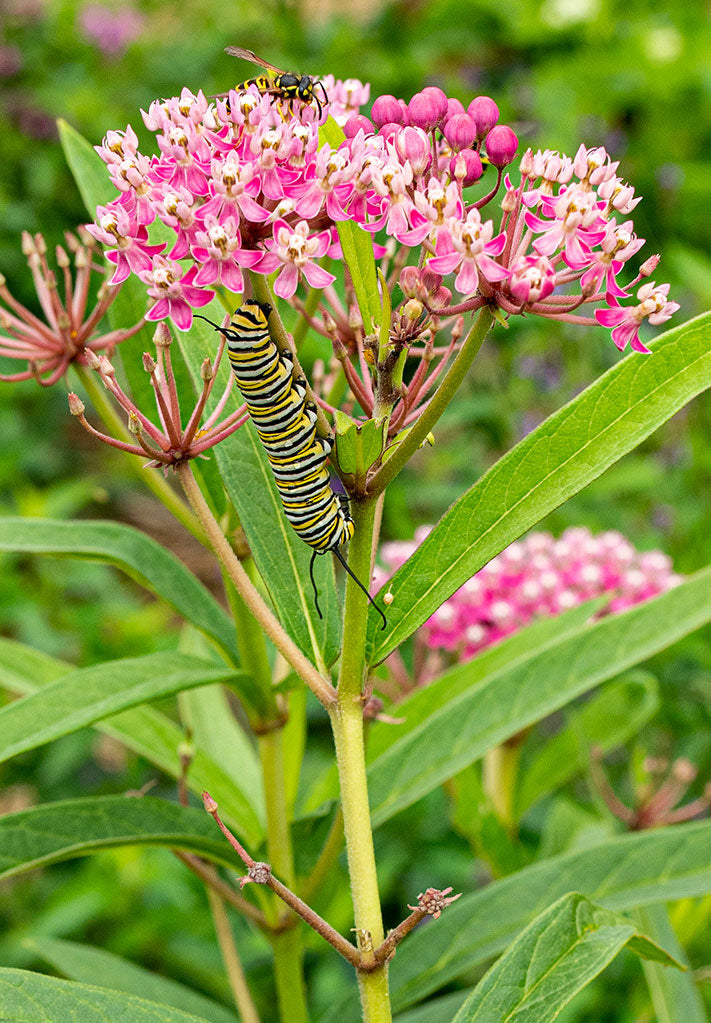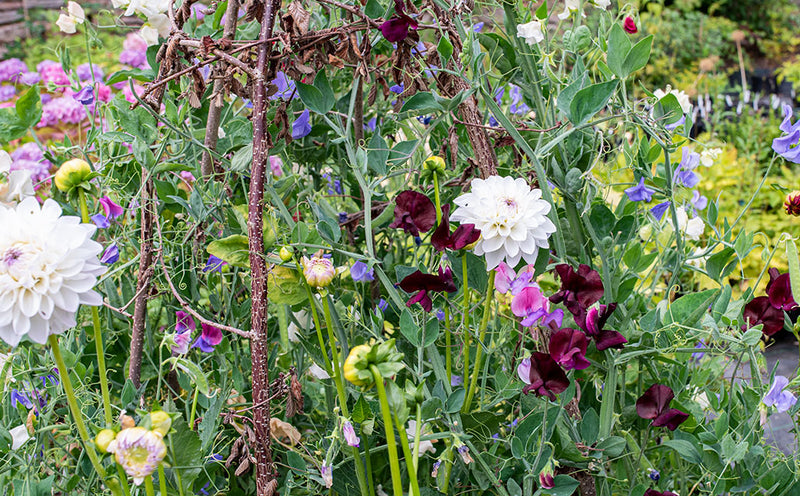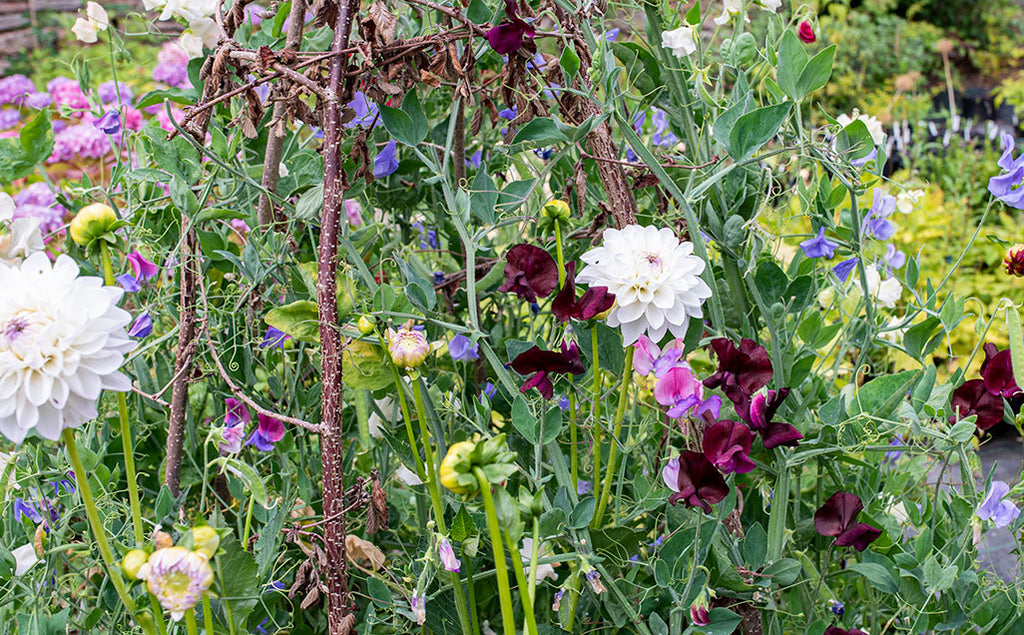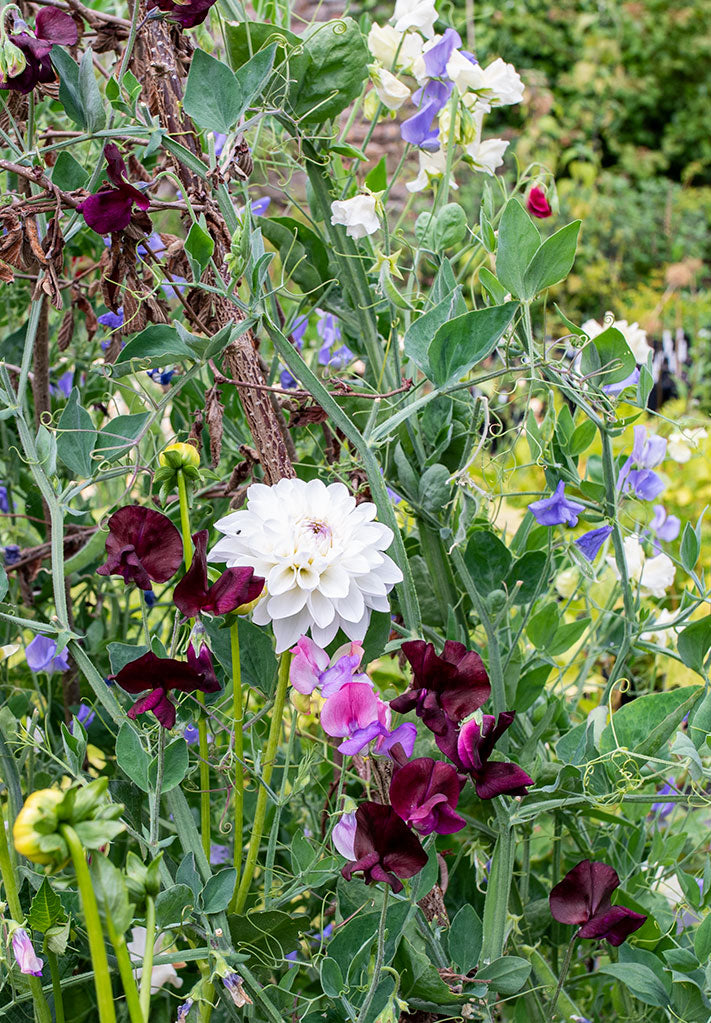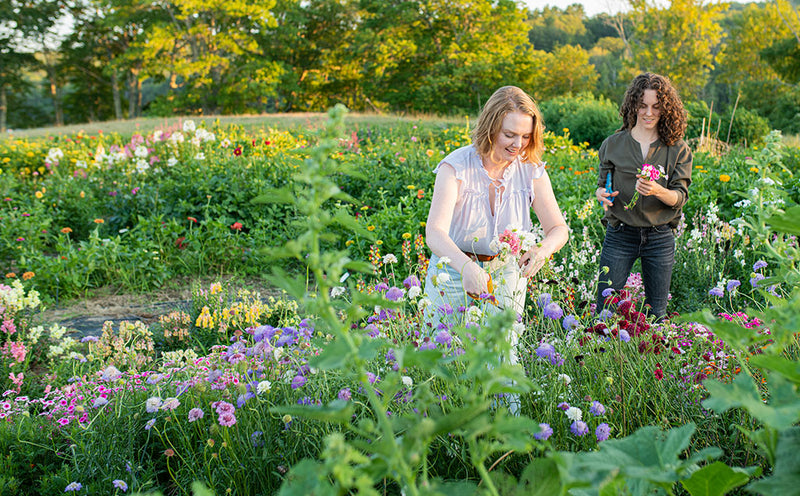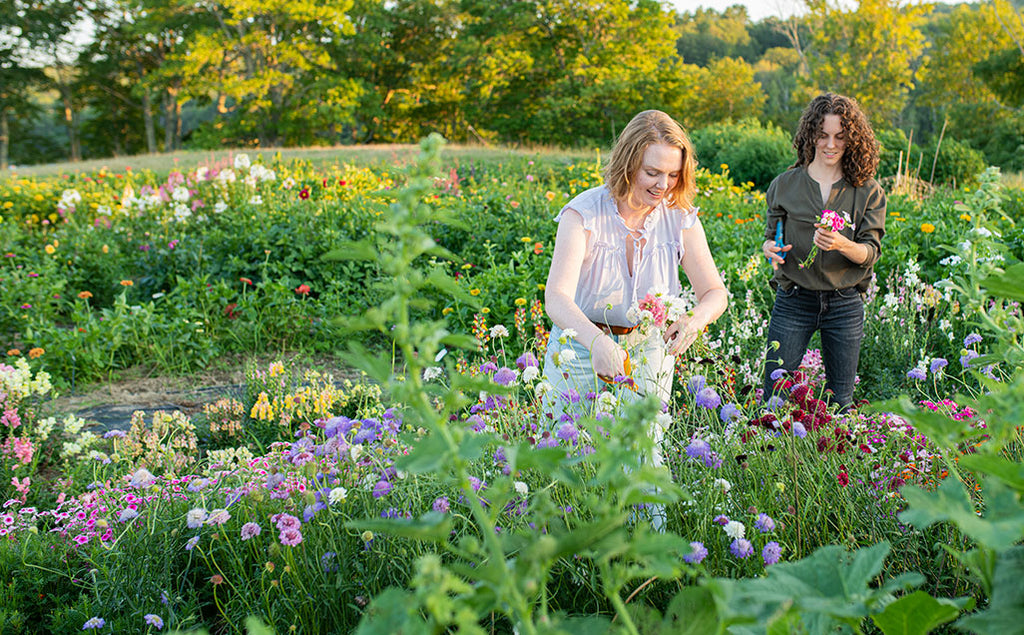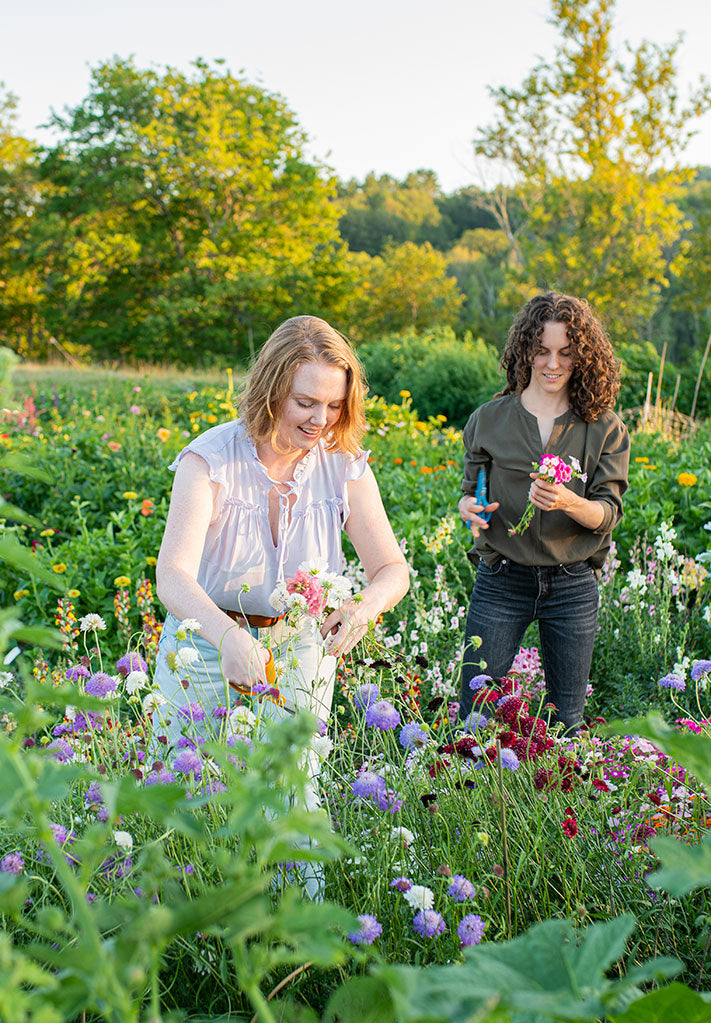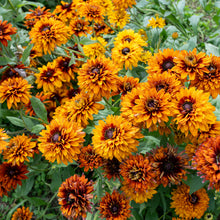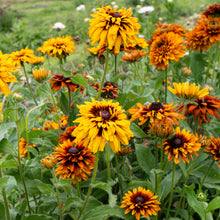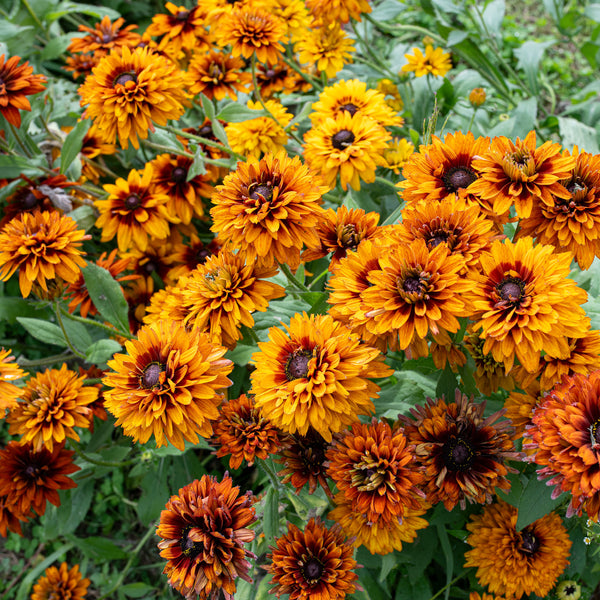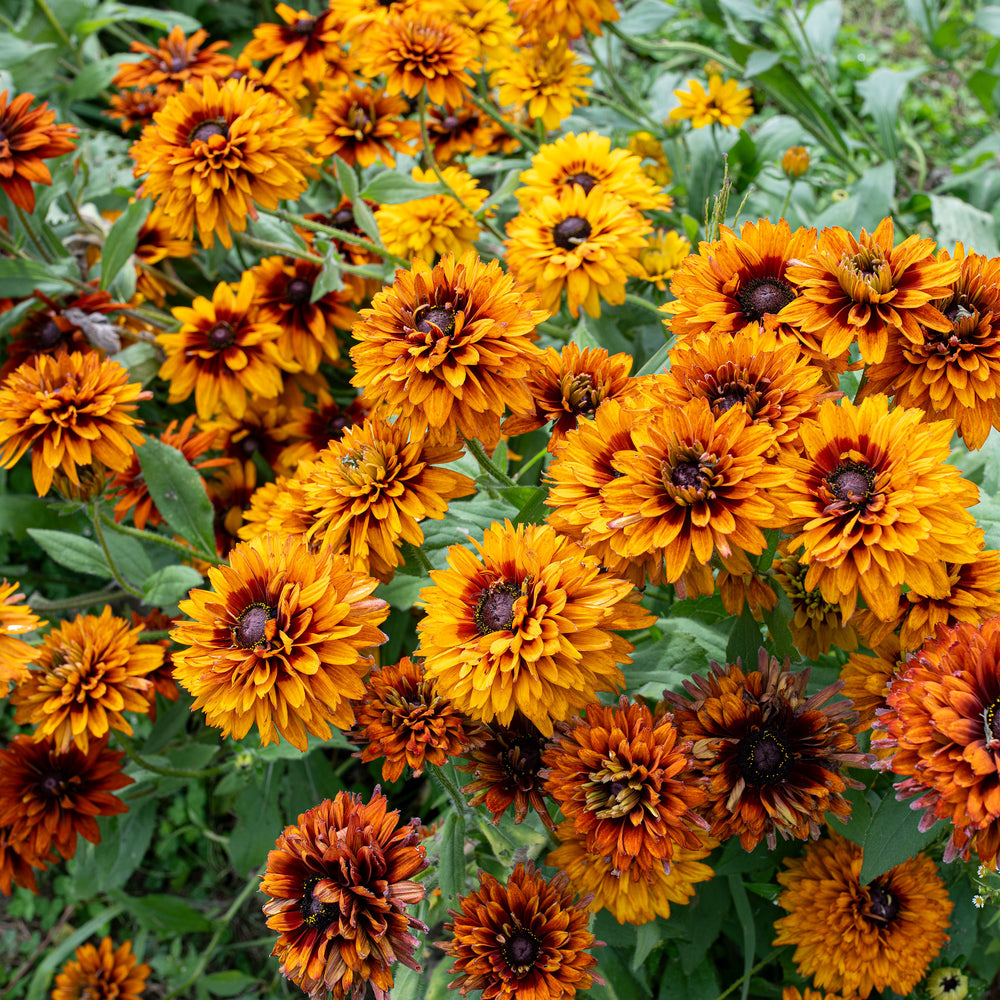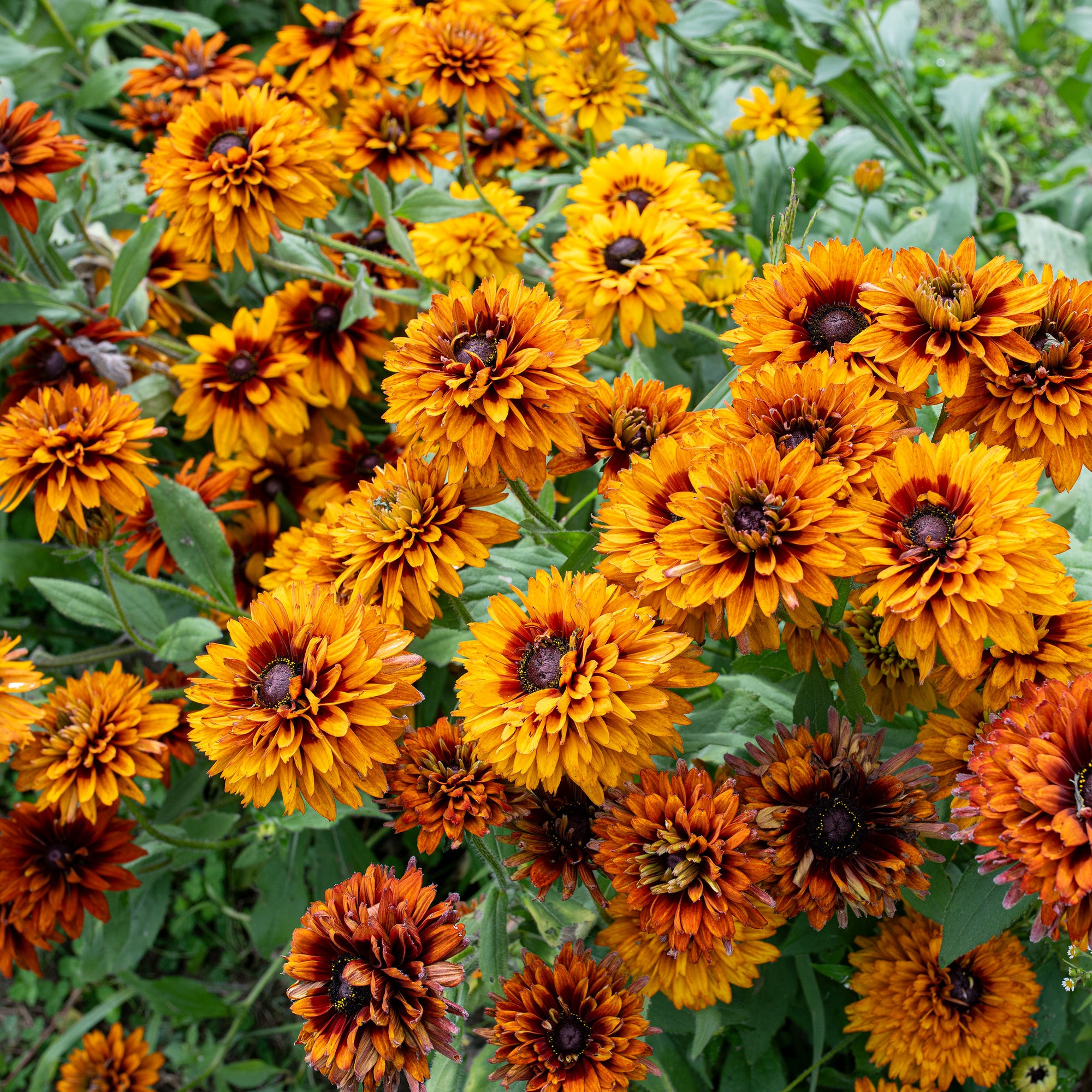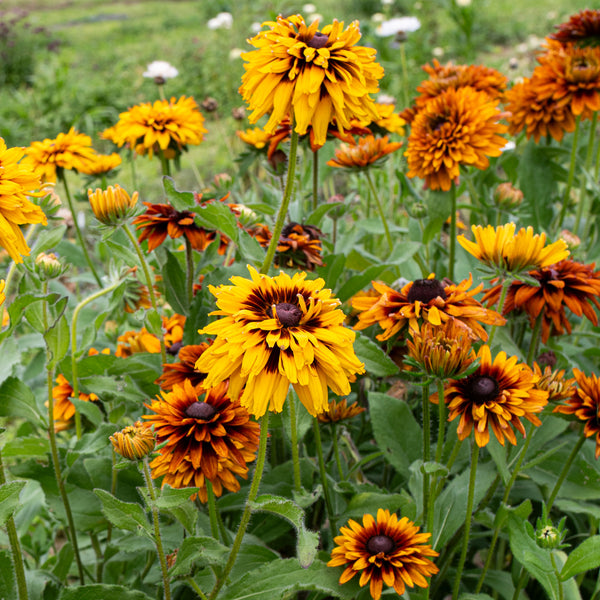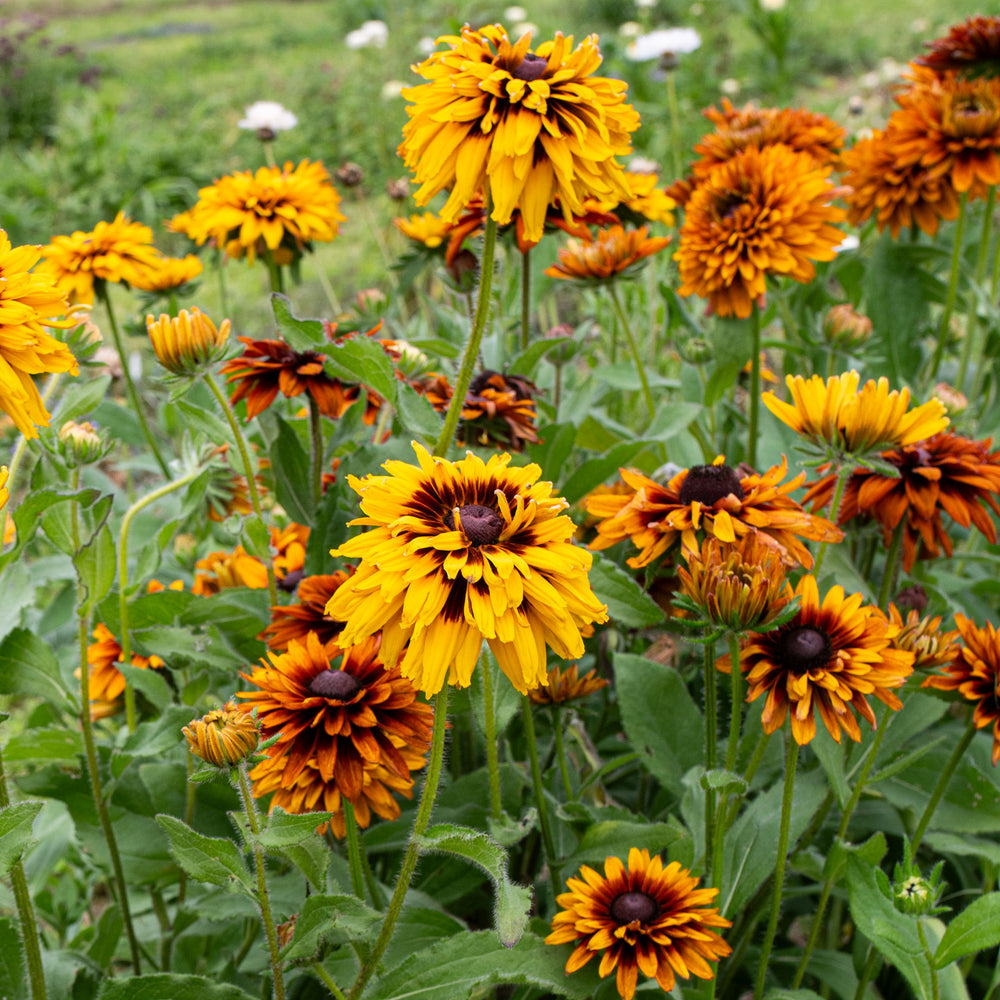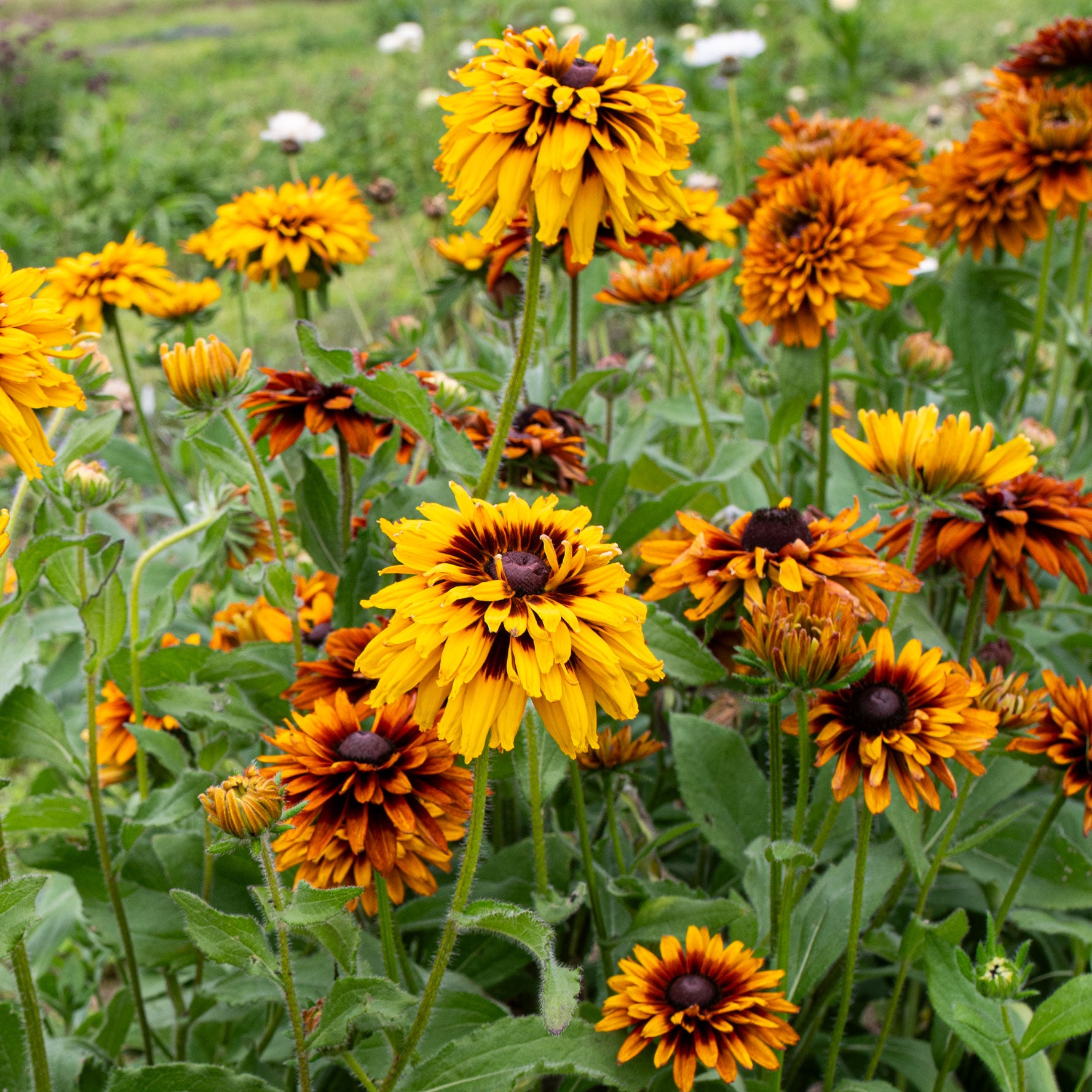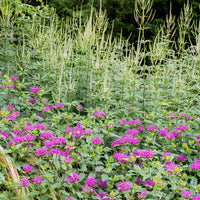SOWING INSTRUCTIONS
Depth:
Surface sow and firm lightly; requires light to germinate.
Seed To Bloom:
12-16 weeks
Starting Indoors:
Recommended. Sow in containers 8-10 weeks before last frost; cover with humidity dome to retain moisture while seeds germinate. Keep at 65-75°F.
Starting Outdoors:
Sow directly in zones 8+ after all danger of frost has passed.
WHEN TO SET OUTSIDE
After all danger of frost has passed.
PLACEMENT & CULTIVATION
Gloriosa daisies arose from black-eyed Susans circa 1957, with double the number of chromosomes. Known as tetraploids, they possess great vigor and offer an array of colors—sizzling bright oranges and gold, subtle pastel color schemes, and even deep red and chocolate hues. A must for wildflower gardens combined with grasses and coneflowers and valuable in the cutting garden and border for their energetic mid-summer through fall bloom. Deadhead for even more flowers and mulch to conserve soil moisture during high summer. It may overwinter in zones 5-8 but is most often grown as an annual. Self-sows.
Watering Details:
1" a week. Tolerates some drought once established, but blooms better with regular water.
Fertilizer:
Prior to planting, mix in about 2" of compost or organic granular fertilizer.
Diseases & Pests:
Aphids and slugs may be a minor problem. Prevent foliar diseases by spacing properly and planting in locations with good air circulation.
When to Cut for Bouquets:
Harvest when flowers are fully open.
